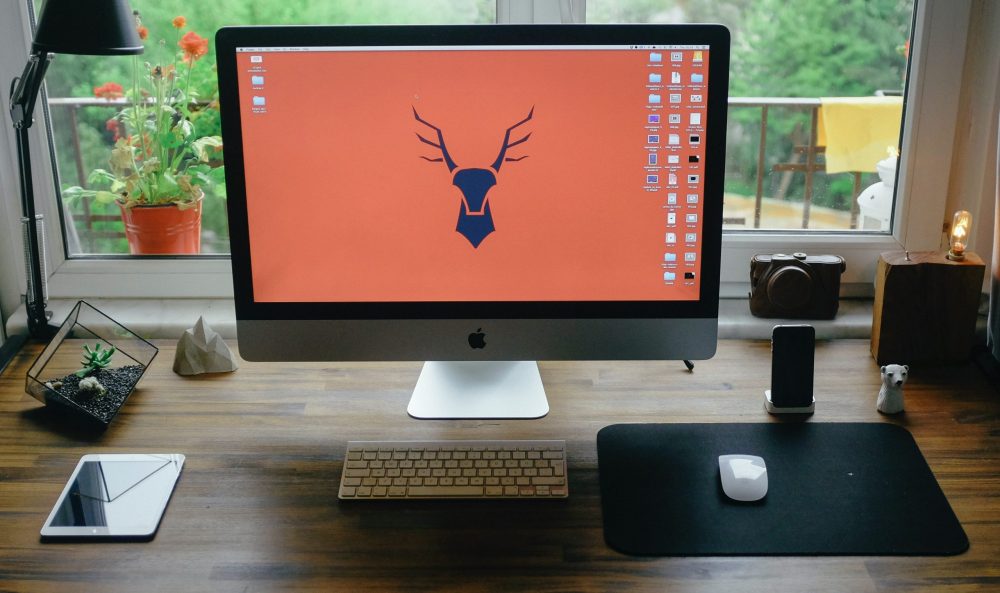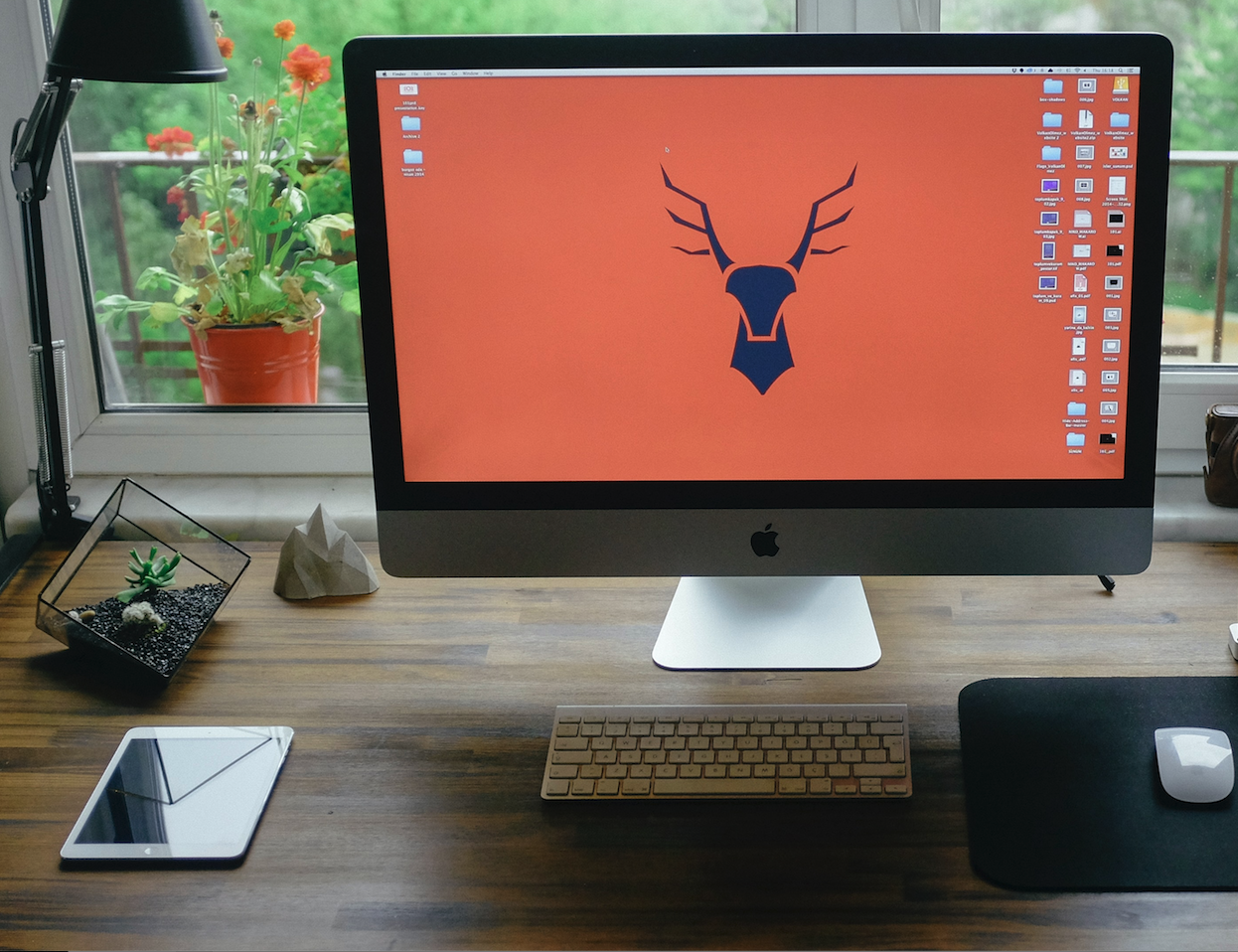From desk position to wall colours, here are 5 easy ways to help ease work-related stress at home.

This article was originally published on Allwork.Space.
Your home should be your sanctuary, your place of rest and relaxation.
But ever since millions of people began working from home during the onset of the coronavirus, the home has been transformed into a place of work, deadlines and pressure.
Ultimately, this has led to increased levels of work-related stress and anxiety. Worse, when your home is no longer your escape and yet you’re restricted from leaving your home due to health fears and stay-at-home orders, that stress is exacerbated.
Home-based work was meant to be a temporary measure. Long-term, many companies are now expected to shift to a hybrid mix of remote and office-based work, either at satellite offices or coworking spaces, to help ease the problems associated with working solely from home.
And of course, the rollout of a vaccine is offering much-needed hope and light at the end of the tunnel.
In the meantime however, there are a number of ways to help reduce the stress associated with working from home by making some simple design changes to your workspace.
Make the Most of Natural Light
‘Daylighting’ is a term used by architects that refers to the practice of optimising natural light “to support the visual demands of building occupants”.
Having access to a space with plenty of natural light helps to regulate the body’s circadian rhythm, which means you feel more alert during the day and restful at night. Getting a good night’s sleep is essential to wellbeing, and can help you feel more focused during the day.
- While you can’t change the size of your windows, you can position your desk close to the window to make the most of natural light.
- Don’t block the light — keep large items of furniture away from windows.
- Tie back heavy curtains. If you have blinds in your home office, consider changing the style; Roman blinds and wooden shutters tend to block a large portion of light, while roller or vertical blinds can be retracted to let in more light.
- Clean your windows! Dirty or grimy windows significantly reduce the amount of sunlight passing through them.
Natural light also promotes healthy plant growth too — so make sure your office plants are positioned to benefit from plenty of sunlight.
Home Office Colours
The colours around us affect our mood more than we realise. Some colours are known to soothe us, some to energise, while others distract or even aggravate us. If your home office is dark, particularly if natural light is limited, consider lightening the shade on your walls.
Cool colours such as blues and purples are popular in workspaces, as they are calming and can bring about feelings of security and stability. Greens are associated with nature and are generally easy on the eyes, promoting feelings of balance.
Warm bold colours such as reds, yellows and oranges can bring about feelings of optimism and energy, but they can be distracting — use sparingly if you intend to spend long periods of time in the space.
Declutter
Whether you have a dedicated home office or simply a space on the dining room table, take control of your workplace and keep it clutter-free.
Studies have found that clutter can raise your level of cortisol, a stress hormone, which if left unchecked can lead to anxiety, depression, headaches and sleep disruption.
According to environmental psychologist Dr Eleanor Ratcliffe from Surrey University: “The problem with clutter is over-stimulation,” which makes concentrating on specific tasks more difficult.
The solution is relatively easy: clear your space and use simple storage solutions to tidy your clutter away. A small bedside table will do the trick.
Bring the Outside In
It’s amazing how biophilic design helps boost our wellbeing. A 2009 study found that environments devoid of nature have a negative effect, and that indoor plants had the potential to reduce stress and even decrease health complaints.
Another 2015 study found that active interaction with indoor plants (like touching and smelling) can reduce physiological and psychological stress.
Choose easy, low-maintenance office plants such as English Ivy, Snake Plant, and Bamboo Palm.
You can enhance the effect by selecting furnishings or ornaments with natural textures and finishes; even wall art depicting scenes of nature can help create a calming, soothing environment.
Exercise to Ease Stress
Physical exercise can ease mental stress. According to Harvard Health, regular aerobic exercise “has a unique capacity to exhilarate and relax, to provide stimulation and calm, to counter depression and dissipate stress.”
It’s a neurochemical process that reduces levels of the body’s stress hormones, such as adrenaline and cortisol, while stimulating the production of endorphins — the body’s natural painkillers and mood elevators.
In addition to exercising during your lunch break or after work, you can introduce more movement into your working day by using an adjustable height desk, which enables you to sit and stand at regular intervals. Or use a raised platform for your laptop, which provides enough height to position the laptop at eye level while you are standing.
Be sure to take regular breaks during your working day too. Set alarms or reminders if it helps — simply taking a short walk to refill your water container can help your physical wellness by ‘unblocking’ and stretching, which in turn fuels a healthier, more relaxed mind.


